Sewing Machine Servicing and Repairs
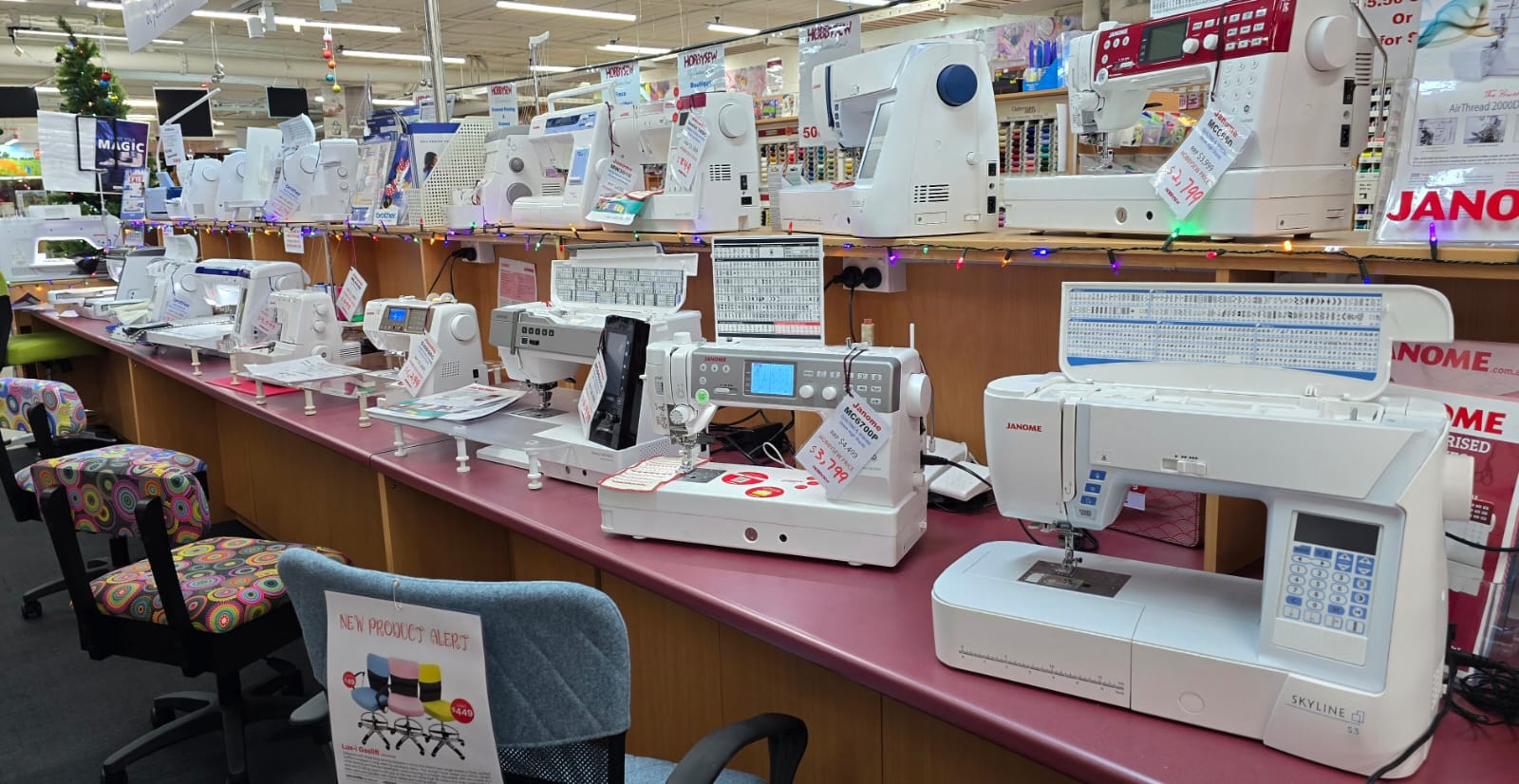
At Hobbysew Australia, we understand how much you depend on your sewing machine for creativity, crafting, and practical use. Whether you’re a hobbyist or a professional, maintaining your sewing machine in peak condition is essential to achieving perfect stitches and smooth operation. That’s why we offer reliable, professional servicing and repair for all brands and models of sewing machines.
Call a store to get a free quote
Keep your sewing machine in top condition with expert servicing and repairs in Australia
The design & technology of today’s machines means that they do not require as much oil and parts as older machines. However, it is still important to perform regular maintenance on your machine, as neglect is one of the main reasons why they develop problems. You may think "I'll just wait until my machine breaks to get it serviced", but regular maintenance and care is the best method for prolonging your machine’s life and saving money in the long run. Even low-end machines can last many, many years with some TLC.
Sewing Machines We Sell at Hobbysew
Why Regular Sewing Machine Maintenance Matters
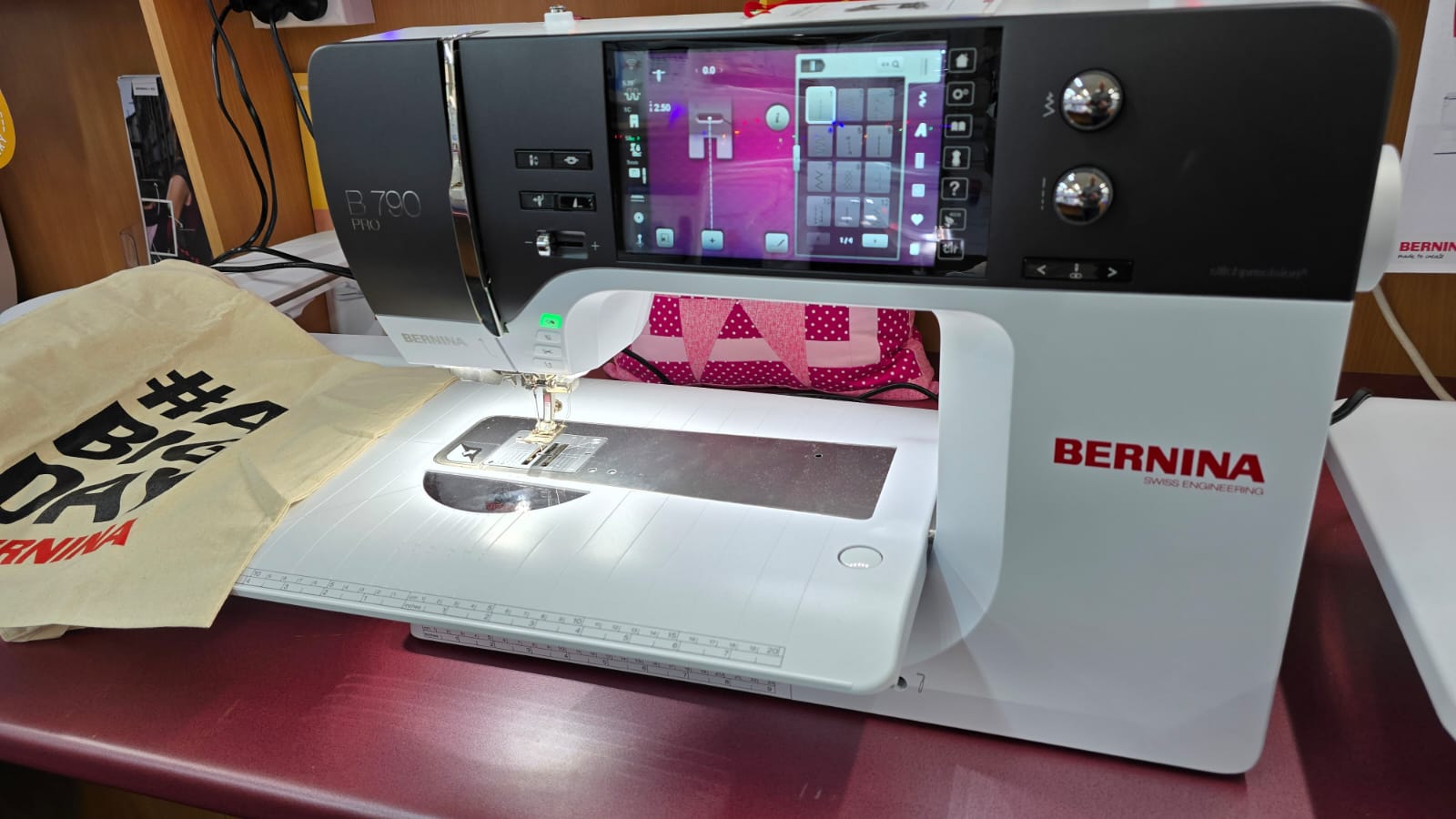
Like any precision tool, your sewing machine needs regular care to stay in great shape. Over time, dust, lint, and wear can affect its performance, causing skipped stitches, uneven tension, or complete breakdowns. Investing in servicing helps:
Extend Your Machine’s Lifespan
Proper maintenance prevents costly damage down the line.
Ensure Smooth Operation
Avoid frustrating jams or inconsistencies.
Enhance Sewing Quality
Maintain perfect stitches for all your projects
Protect Your Investment
Your sewing machine is an important tool; keep it running like new.
Essential Steps for Maintaining Your Sewing Machine
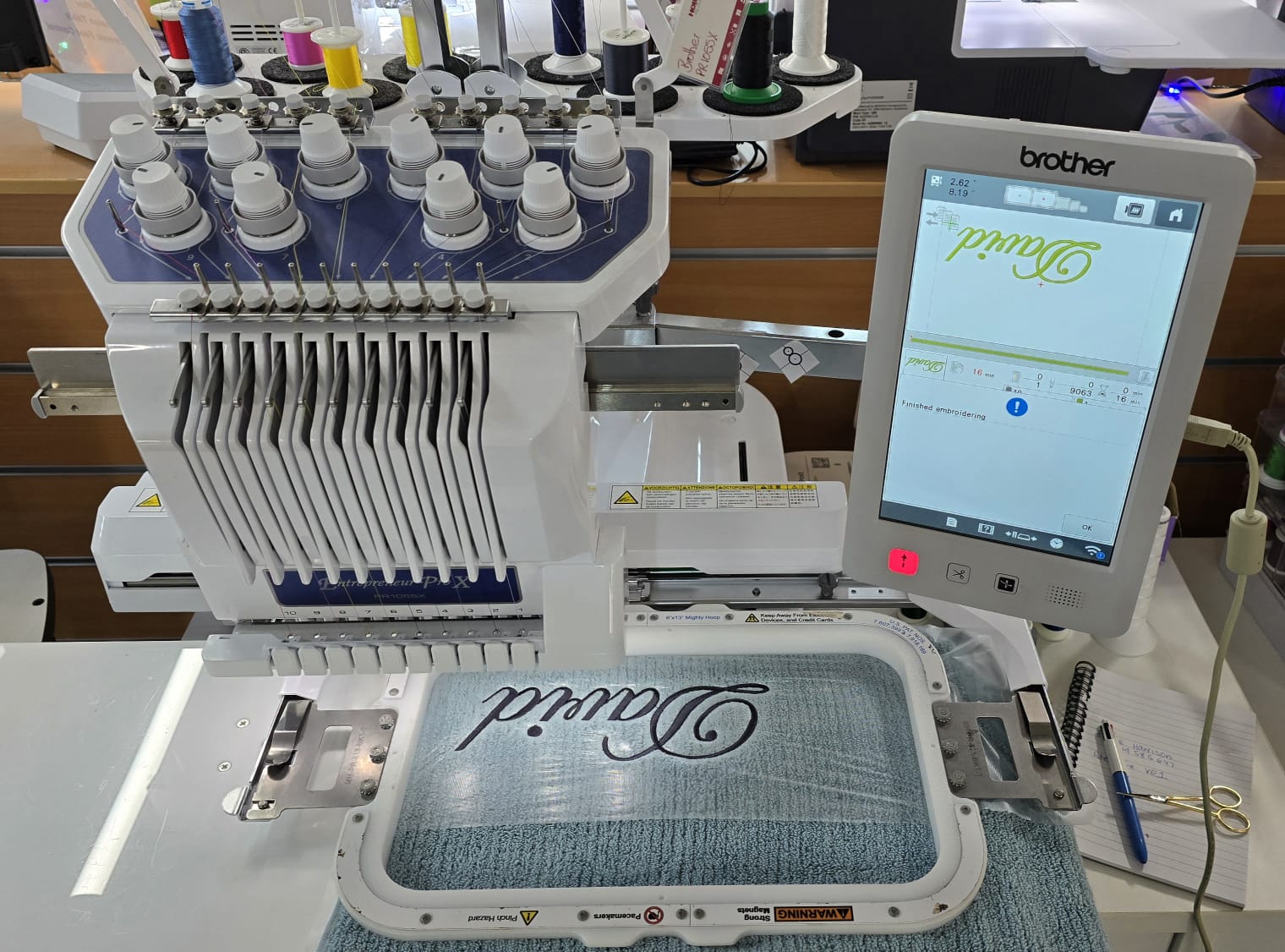
At Hobbysew Australia, we pride ourselves on offering a thorough, detail-oriented servicing experience. Our technicians have decades of expertise and are trained to work with a wide variety of sewing machine brands and models. Here’s what our process includes:
Complete Inspection
We carefully assess your sewing machine to identify wear, damage, or potential issues.
Deep Cleaning
Lint, dust, and debris are meticulously removed to ensure smooth operation.
Precision Calibration
Tensions, feed dogs, and other components are finely adjusted for peak performance.
Parts Replacement (if needed)
Worn or damaged parts are replaced using high-quality, genuine components.
Performance Testing (if needed)
Your machine is rigorously tested to ensure flawless stitching and reliability.
Common Sewing Machine Repairs We Handle
Sometimes, your sewing machine may need more than just a tune-up. Hobbysew Australia offers fast and effective repairs for a variety of issues:
-
Broken or damaged needles and bobbins
-
Motor or drive belt malfunctions
-
Tension irregularities or thread jams
-
Unusual noises or overheating
-
Electrical faults or error messages
Why Choose Hobbysew for Your Sewing Machine Maintenance?
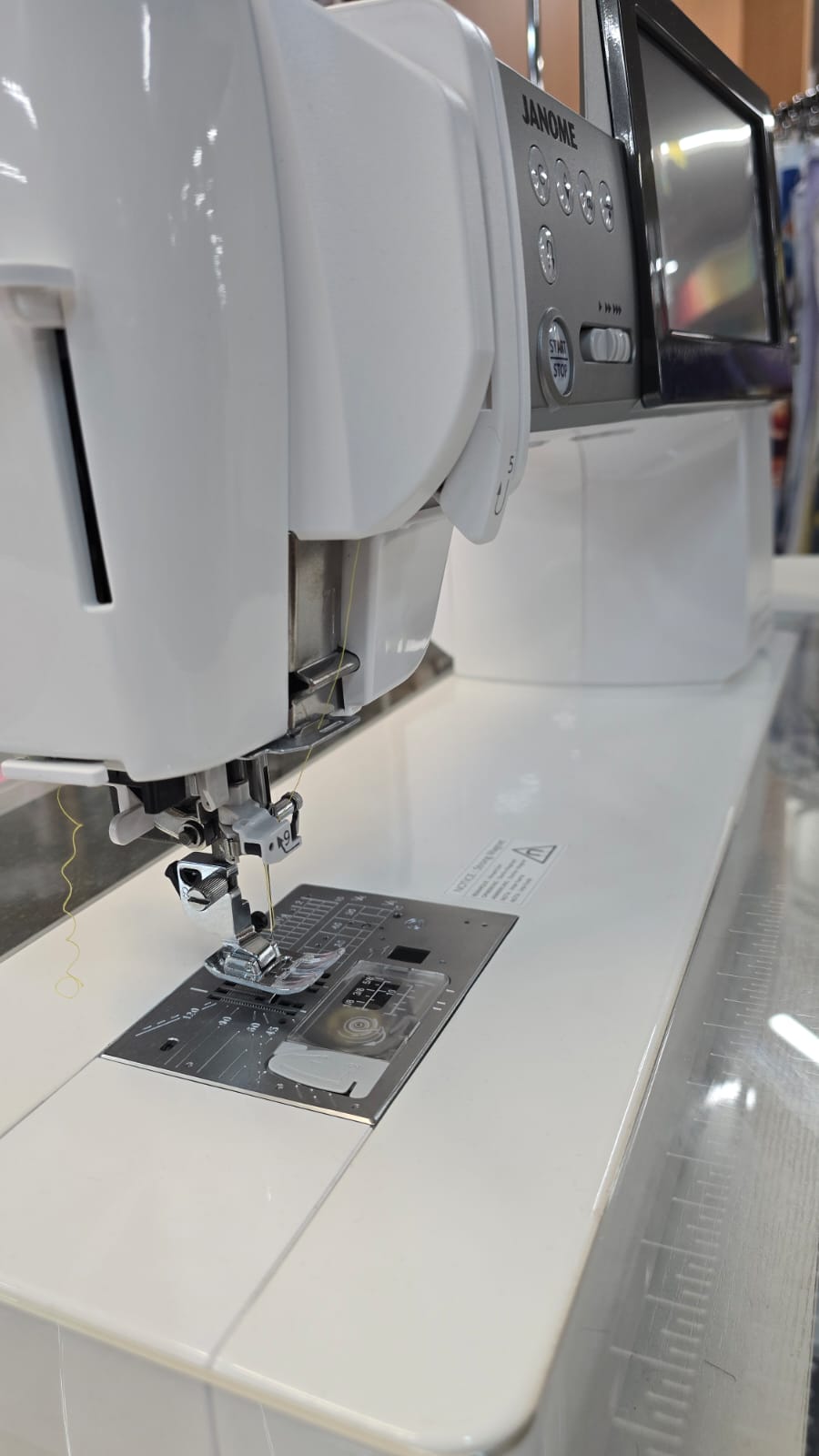
At Hobbysew Australia, we don’t just repair machines; we help you rediscover your passion for sewing. Here’s what makes us the trusted choice for sewing machine servicing and repairs:
-
Experienced Technicians
Decades of expertise with all major brands.
-
Transparent Process
We explain every step and get your approval before making repairs.
-
Affordable Rates
Quality service that fits your budget.
-
Convenient Locations
Find us at Hobbysew stores across Australia.
-
Fast Turnaround
Get back to sewing quickly with our efficient servicing process.
Hobbysew machine servicing and repairs proudly serves the whole of Australia! Visit one of our stores near you
How to Get Started
Whether your machine needs a routine service or a complex repair, we’re here to help. Follow these simple steps:
-
Book a Service – Call your nearest Hobbysew location or book online.
-
Bring in Your Machine – Drop off your machine at one of our convenient locations.
-
Relax While We Work – Our experts will handle everything, keeping you updated along the way.
-
Pick Up and Sew On – Collect your machine, serviced and ready for your next project
Tips to Keep Your Sewing Machine Running Smoothly Between Services
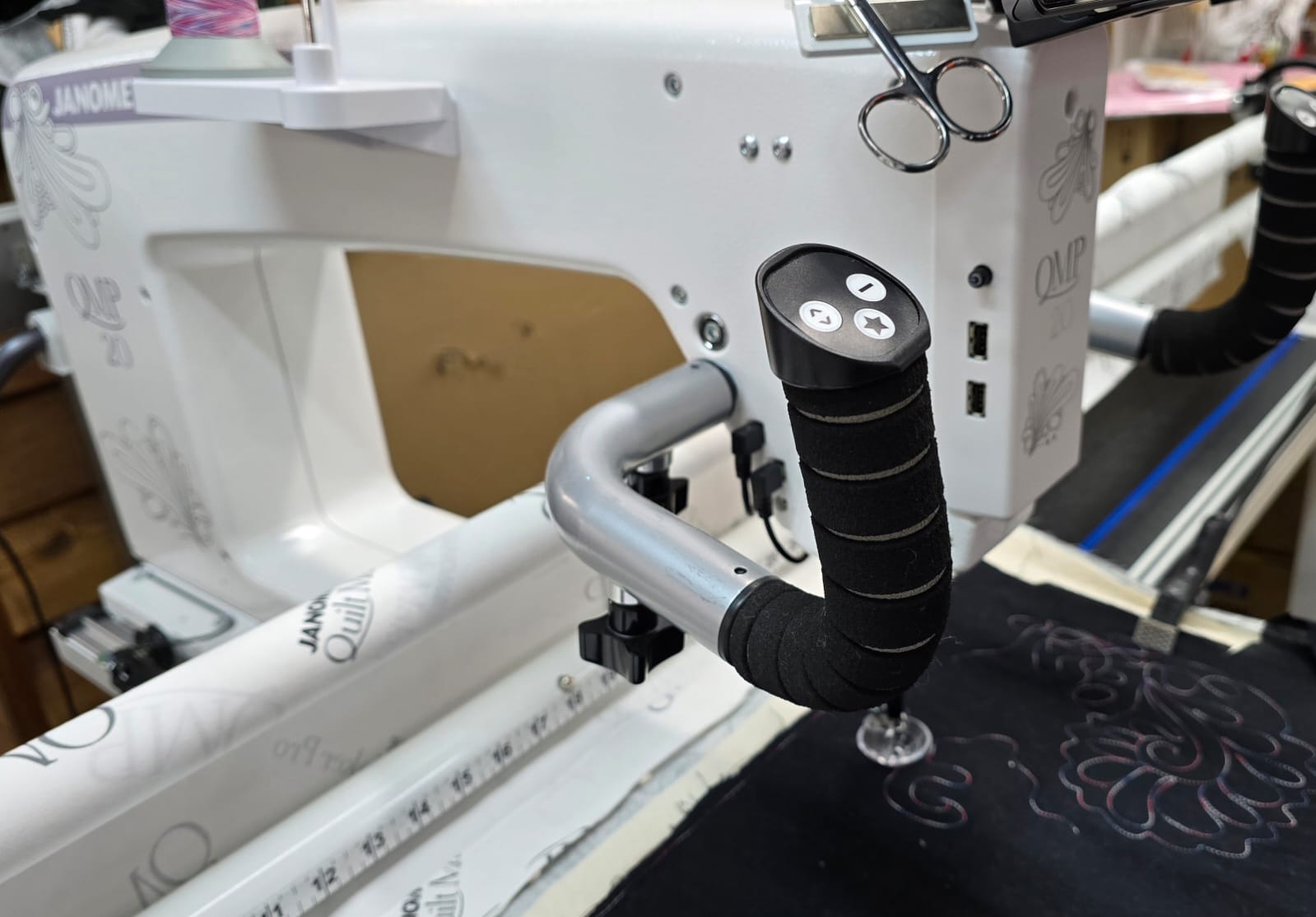
Cleaning: Clean excess lint and thread from your machine regularly to prevent build up which can soak up oil and add extra pressure to moving components. The frequency with which you use your machine will determine how often you should clean internal components. Generally, this should be done every 2-3 bobbins. Keep in mind that certain fabrics like flannel & fleece will cause lint to build up more quickly.
The best method is to open the throat plate and clean around the bobbin area and feed dogs. Access as many hidden areas as you can with a nylon brush.
Oil: Modern machines do not require as much oil and only in very specific areas. Many machines instruct the user not to apply oil themselves, instead recommending a mechanic do so during servicing. This is one of the reasons why oil bottles are generally not supplied in standard accessories kits today. Older machines require a little dab of oil once every 2 months or so, the frequency of which is normally marked on the machine or in your manual. When oiling, only use manufacturer- approved sewing machine oils. Don't use other lubricants like WD-40 - they aren't formulated specifically for sewng machines and can leave residue on your thread and fabric. After oiling, run the machine to work the oil into the mechanism, then remove any excess.
Bobbins: It is important that the bobbin turns smoothly to give even and consistent stitches. It is also important that the bobbin does not continue to turn after the machine stops stitching. Using the correct bobbin that suits your machine will avoid many of these issues. Inspect your bobbin for rust or damage, as these defects can cause uneven stitching and may damage the bobbin case holder.
Cleaning the hook area, and ensuring that the bobbin is properly installed before sewing will ensure your machine’s longevity.
Machine Needle: Skipping stitches is the most common issue for sewing machines, and is often to do with the installation or type of sewing machine needle used. This should always be one of your first places to check when stitch issues arise. If a machine is playing up and skipping stitches, check to see if the needle needs to be replaced or if you are using the correct type of needle. Also make sure to align and insert the needle correctly into the needle shaft. Choosing the right needle for your project is important. For best results only use needles made for the material with which you are sewing. Today, many machine needles are produced in the same factory, which means that Klasse needles are made in the same place and are identical to those from major brands. We recommend Klasse needles because they offer exceptional value, providing the same excellent results as the leading brands at a more affordable price.
Thread: Poor thread will result in poor stitch quality, breakage and excessive lint build up around the bobbin case. Higher quality threads have more consistent thread diameters which reduces breakage when sewing, even tension, and durability with repeated washing. We recommend high quality brands such as, Madeira, Gutermann, Mettler, Coats, etc.
Power: A good safety tip is to unplug your machine between uses, avoiding power surges when not in use. It is also highly recommended to use a power surge protector board if you have a computerised machine.
Cover: A simple cover can keep dust off the machine which helps prevent dust from entering its internal mechanisms.
Sun Light: Try to keep your sewing machine or overlocker out of direct sunlight. Many machines have plastic covers that can discolour or warp. Heat can also damage sensitive internal parts.
Regular Service: It is important to have your machine serviced at least once a year. If you are a heavy user you may need more regular servicing.
Please call or visit your nearest Hobbysew store to book in a repair or general service.
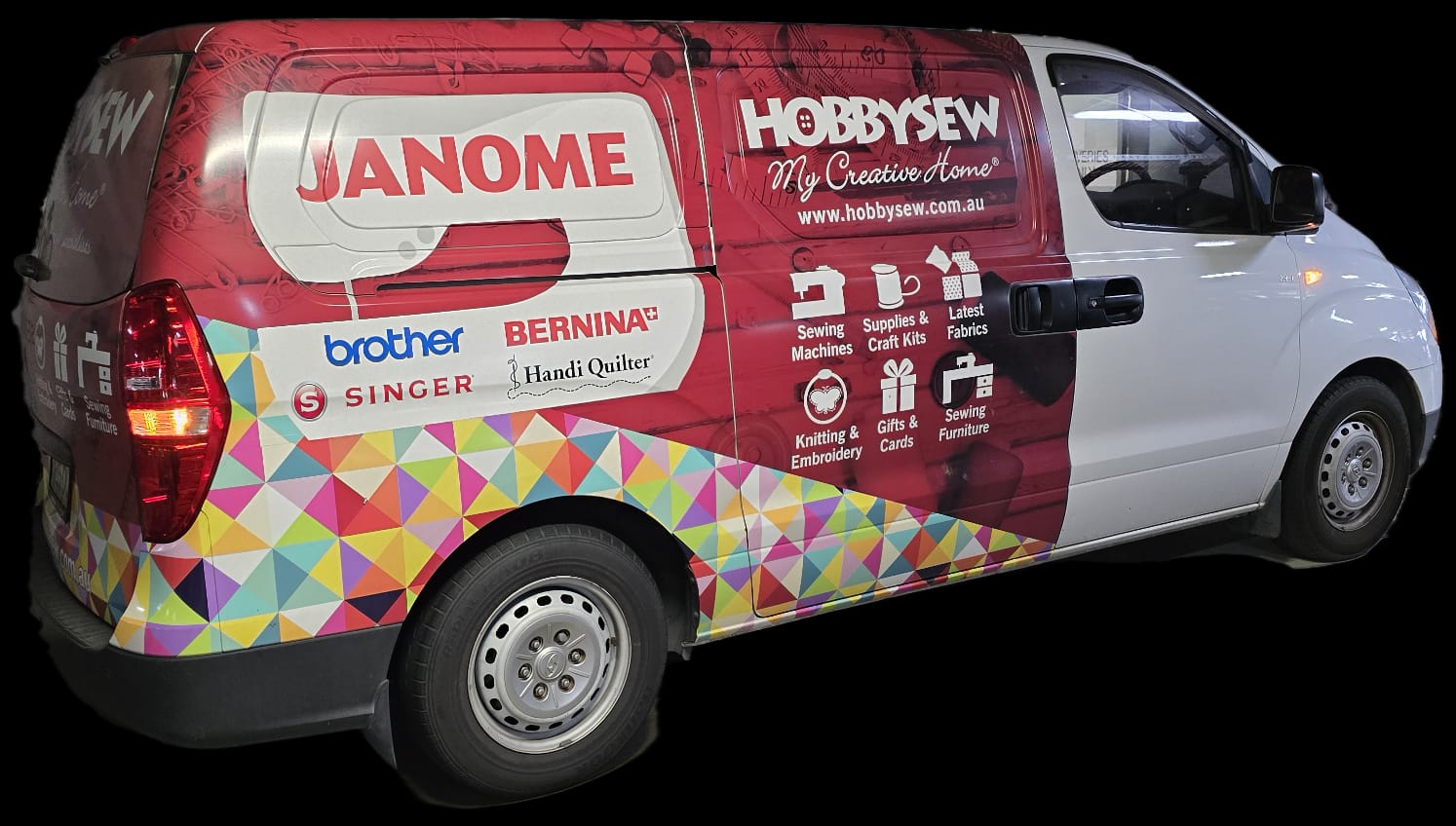
Staff will be able to quote you for your specific servicing requirements. Your machine will be looked after by expert mechanics that are trained by manufacturers. Hobbysew is an Official Brother Service Centre, and an accredited dealer for all the major brands such as Janome, Elna, Husqvarna, Bernina, Brother, and Singer.
FAQs
Do you offer sewing machine servicing in Adelaide and nearby suburbs like Norwood, Glenelg, and Prospect?
Yes! We provide sewing machine servicing and repairs in Adelaide and surrounding suburbs, including Norwood, Unley, Burnside, Glenelg, Prospect, Henley Beach, and more.
Do you service sewing machines in Belconnen and nearby suburbs like Bruce and Kaleen?
Yes, we offer sewing machine servicing and repairs in Belconnen, Bruce, Kaleen, Florey, Hawker, and surrounding areas in the ACT.
Can I have my sewing machine serviced if I live in Figtree or nearby Wollongong suburbs like Keiraville and Coniston?
Yes, we provide sewing machine servicing and repairs in Figtree, Keiraville, Mangerton, Mount Keira, West Wollongong, and surrounding areas.
Do you provide sewing machine repairs for residents of Erina or nearby suburbs like Terrigal and Gosford?
Absolutely! We service sewing machines in Erina, Terrigal, Wamberal, Gosford, Green Point, Avoca Beach, and nearby Central Coast suburbs.
Can I have my sewing machine repaired if I live in Kings Park or nearby suburbs like Blacktown and Quakers Hill?
Yes, we provide sewing machine servicing and repairs in Kings Park, Blacktown, Quakers Hill, Seven Hills, Bella Vista, Lalor Park, and surrounding areas in Western Sydney.
Do you offer sewing machine servicing in Penrith or nearby neighborhoods like Glenmore Park and St Marys?
Yes! We service sewing machines in Penrith, Glenmore Park, St Marys, Kingswood, Cambridge Gardens, and surrounding suburbs.
Can I get my sewing machine repaired near Top Ryde City or surrounding suburbs like Gladesville and Eastwood?
Absolutely! We provide sewing machine service and sewing machine repairs in Top Ryde City, Ryde, Gladesville, Rhodes, West Ryde, Concord, Strathfield, Eastwood, Epping, Lidcombe, Balmain, Drummoyne, Putney, Homebush, Burwood, five Dock, Granville, Ermington, Marsfield.
Do you service sewing machines in Melbourne and nearby suburbs like Carlton and St Kilda?
Yes! We offer sewing machine servicing and repairs in Melbourne, Carlton, Fitzroy, South Yarra, St Kilda, Richmond, and surrounding suburbs.
More Details About Sydney Sewing Machine Servicing


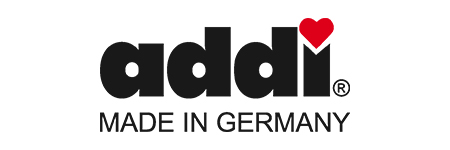 Addi
Addi  Adjustoform
Adjustoform 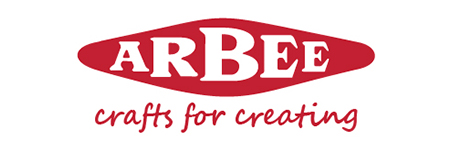 Arbee
Arbee  Batik Australia
Batik Australia  Bernette
Bernette 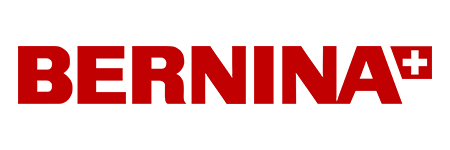 Bernina
Bernina  Birch
Birch  Bohin
Bohin  Bowtique
Bowtique 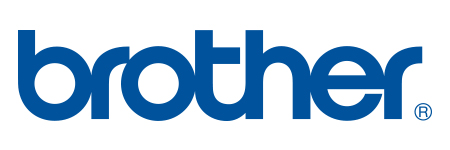 Brother
Brother  Camelot Fabric
Camelot Fabric 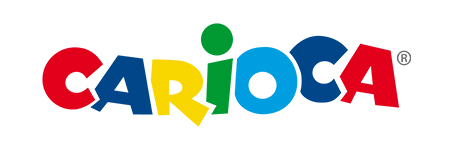 Carioca
Carioca  Celebrate
Celebrate  Classic Knit
Classic Knit  Clover
Clover  COSMO
COSMO  Country Threads by Fiona Jude
Country Threads by Fiona Jude  Craft for Kids by BMS
Craft for Kids by BMS  DARUMA
DARUMA 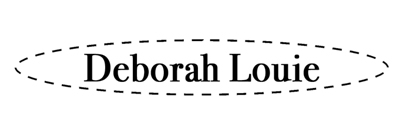 Deborah Louie
Deborah Louie 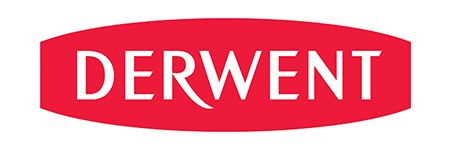 Derwent
Derwent  Diamond Dotz
Diamond Dotz  Disney
Disney  DMC
DMC 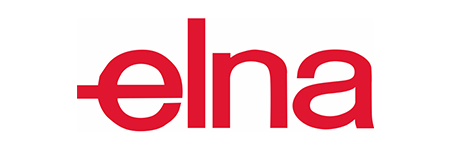 Elna
Elna 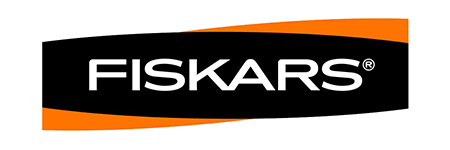 Fiskars
Fiskars 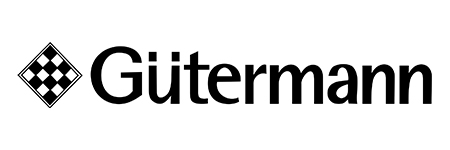 Gutermann
Gutermann  Habee Savers
Habee Savers 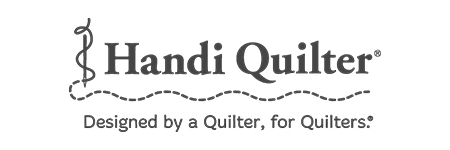 Handi Quilter
Handi Quilter  Heirloom
Heirloom 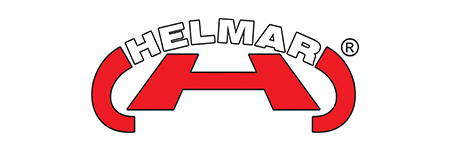 Helmar
Helmar  Hemline
Hemline  Hobbysew
Hobbysew  Horn
Horn 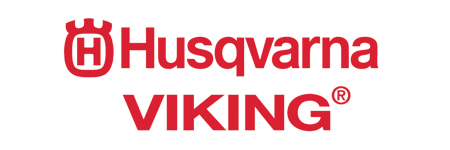 Husqvarna
Husqvarna 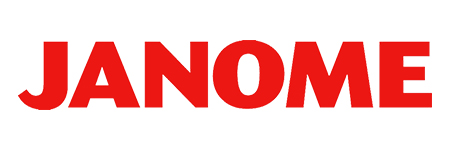 Janome
Janome  Juki
Juki  Kennard & Kennard
Kennard & Kennard 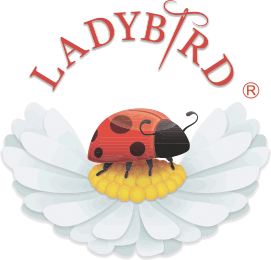 Ladybird Designs
Ladybird Designs 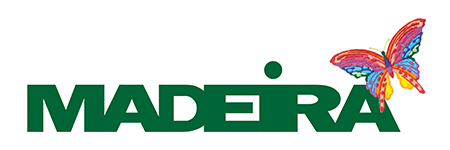 Madeira
Madeira 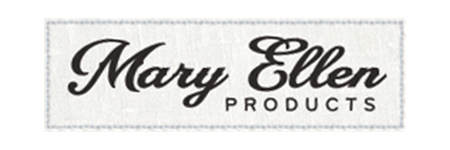 Mary Ellen
Mary Ellen  McCall's
McCall's  Moda
Moda 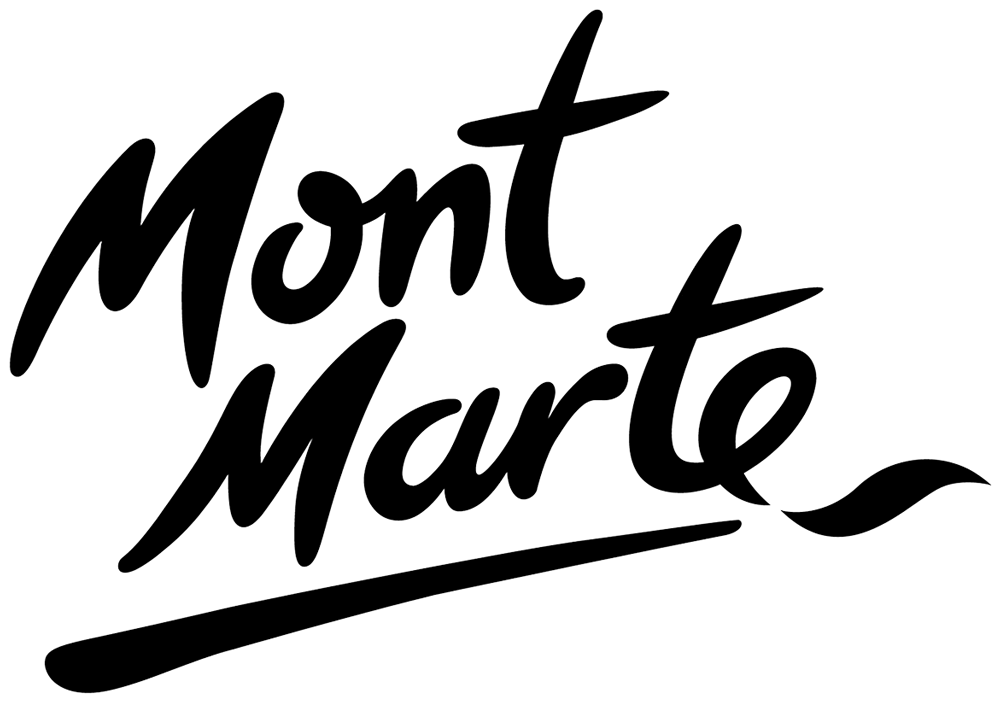 Mont Marte
Mont Marte  Newey
Newey 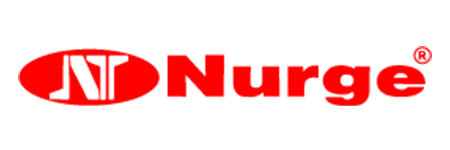 Nurge
Nurge 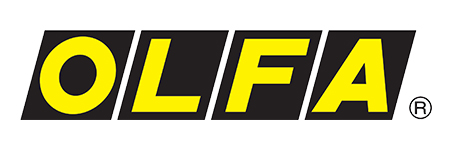 Olfa
Olfa  Oliso
Oliso  OttLite
OttLite  Papercraft
Papercraft  Pieced Tree Patterns
Pieced Tree Patterns  Pony
Pony 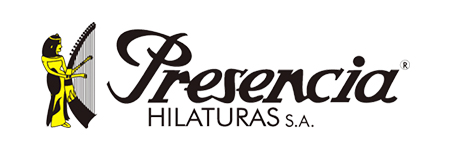 Presencia
Presencia  QA
QA  Rasant
Rasant  Riley Blake Designs
Riley Blake Designs  Rit
Rit 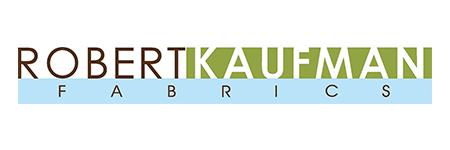 Robert Kaufman
Robert Kaufman 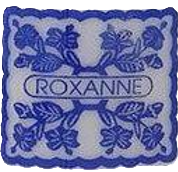 Roxanne
Roxanne  Ruby Star Society
Ruby Star Society  Sakura
Sakura  Sashiko
Sashiko  Schmetz
Schmetz  SevenBerry
SevenBerry  Sew Easy
Sew Easy  Sew Tasty
Sew Tasty 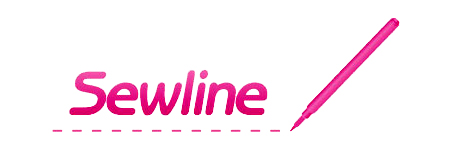 Sewline
Sewline  Singer
Singer  Superior Threads
Superior Threads 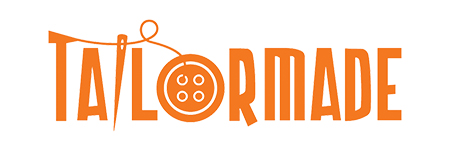 Tailormade
Tailormade  TeeBond
TeeBond  The Grace Company
The Grace Company  Thermoweb
Thermoweb  Tilda
Tilda 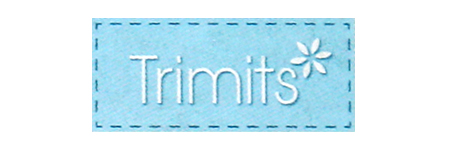 Trimits
Trimits  Triple S
Triple S 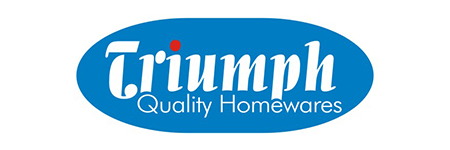 Triumph
Triumph  Tsukineko
Tsukineko  Tula Pink
Tula Pink 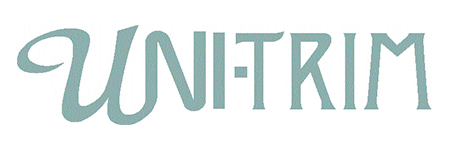 Uni-Trim
Uni-Trim 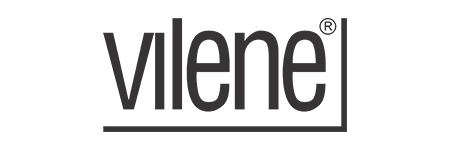 Vilene
Vilene  Vliesofix
Vliesofix 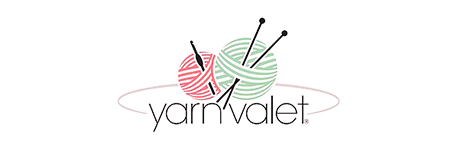 Yarn Valet
Yarn Valet  YKK
YKK 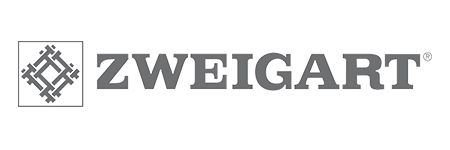 Zweigart
Zweigart